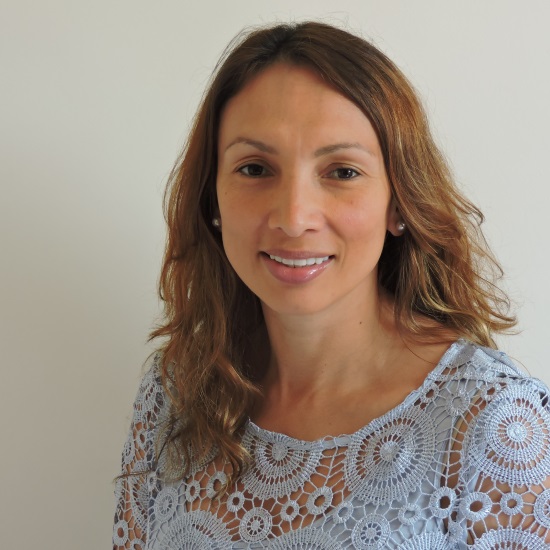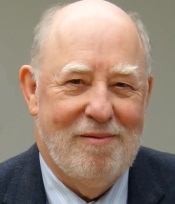Links to external sources may no longer work as intended. The content may not represent the latest thinking in this area or the Society’s current position on the topic.
Quantum-coherent energy transfer: implications for biology and new energy technologies
Organised by Dr Alexandra Olaya-Castro, Dr Ahsan Nazir and Professor Graham Fleming FRS
Evidence that photosynthetic systems are capable of supporting quantum-coherent energy transport at high temperatures has generated controversy over the implications of such phenomena for biology and applications. This meeting will bring together leading scientists from photosynthesis, quantum information, and organic-polymer based research to discuss far-reaching consequences of these quantum effects in the design of novel, robust and efficient energy technologies.
Biographies and audio recordings are available below.



